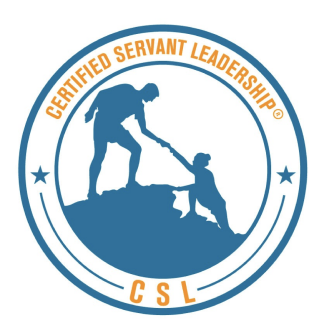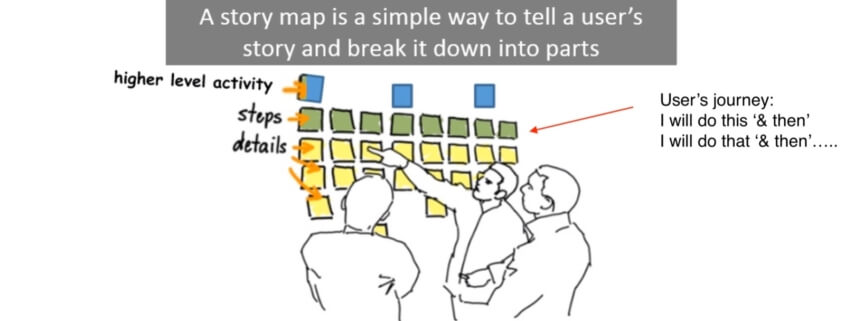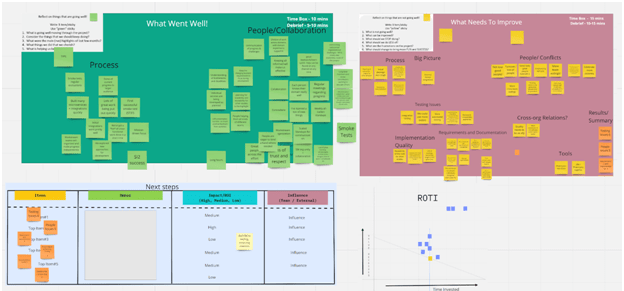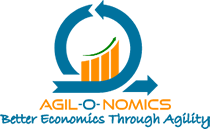
Product Owner or Business Analyst
BUSINESS ANALYST The Business Analyst (BA) and similar (related) roles (SA, BSA etc.) have gained prominence over the past few years. One of the reasons for this to have happened is that the Agile Product Owner(PO) role has been on the weaker side. With rapid growth of Agile (especially Scrum) it has been difficult to quickly grow strong Product Owners. As a result organizations have been giving this role to proxies. Technical Leads, Project Managers, Team Managers and even Scrum Masters have been asked to step up and fill this role. Technical Leads and Team Managers often fail to understand the business and Customers well and start promoting non functional or technical requirements (aka – dark stories). On the other hand, even experienced POs sometimes fail to meet the expectations from “Scrum” – Expert knower of – Domain, Technology and Business Requirements, Decisive, … the list goes on. One of the fallouts of these several factors was that the PO role often lacked skills in translating the business requirements to technical terms that teams could understand easily. BAs bridged this gap to some extent. They were trained to understand the business requirements and also easily translate those to language that made sense to developers Although, this support role worked out well, it would (at times) result into anti patterns. One of this is where the PO would just take the back seat and be a backlog wrangler while the BA would start breaking down the bigger backlog items into smaller pieces and driving the requirements. Often this would result in the team asking BA for clarifications and even prioritization needs. This would weaken the PO role, and confused the team. It is important to understand that while the BA role is an important one and has found a reason to thrive, it should still be within well defined guard rails so the PO role is played the right way to create strong Scrum helping teams and organizations succeed with Agile. “Ownership” is a different ball game The Product owner is a mature and yielding role who needs to know what it means to ‘Own the product’. A Scrum Product owner is The Voice of the Customer Solely responsible for maximizing the value of the product by understanding the markets, customer needs and prioritizing items in the Product Backlog to best achieve goals and missions Responsible for creating a vision and aligning business and the team to the vision. Accountable for a creating high level persona based requirements in the format of user stories and map that backlog to a roadmap A Quick and smart decision maker for the team. Answerable to the users and customers. A scrum team ideally consists of Product owner , Development team and Scrum master. However when organizations moved towards Agile transformation , they faced a challenge in positioning their existing BAs or BSAs in a scrum team. Some organizations scaled up their business domain experts in to the role of Product Owners by providing necessary trainings and clarifying the expectations out of the PO role. Few organizations hired new product owners but at the same time had their business system analyst or technical solution architect in the team without defining the space and scope of their job duties which caused chaos. A BSA is a vital role and is inevitable if they stick to their boundaries in an agile team. The scope and responsibilities for them needs to be clearly handed out to prevent the anti pattern havoc. They need to work with a gracious handshake with the product owner. Agile is very flexible to accommodate other roles but ideally these other roles are considered to be part of the development team just like how the QAs are. With that said, the product’s pastoral staff remains in the hands of the product owner. They decide “what” is to be brought in to the sprint backlog. Team can negotiate but the final decision is the PO’s. The system analyst or solution architect will take care on the “how” part of product development along with the team. Now that reminds of a very common question that people ask me – Can a Business Analyst or Business System Analyst grow in to the role of a Product owner? The answer is Yes with ‘all the might‘. When I say all the might, it means to understand the shoes of a product owner before stepping in to it! Amitabh (Amit) Sinha is a servant leader entrepreneur, visionary, mentor, trainer and coach. Amit is highly passionate about Agile, its principles, values, and the human side. Amit is a people champion and strives to bring out the best in his teams. Amit leverages his expertise in Agile, Scrum, Kanban and people skills to increase team effectiveness and happiness. See more






























